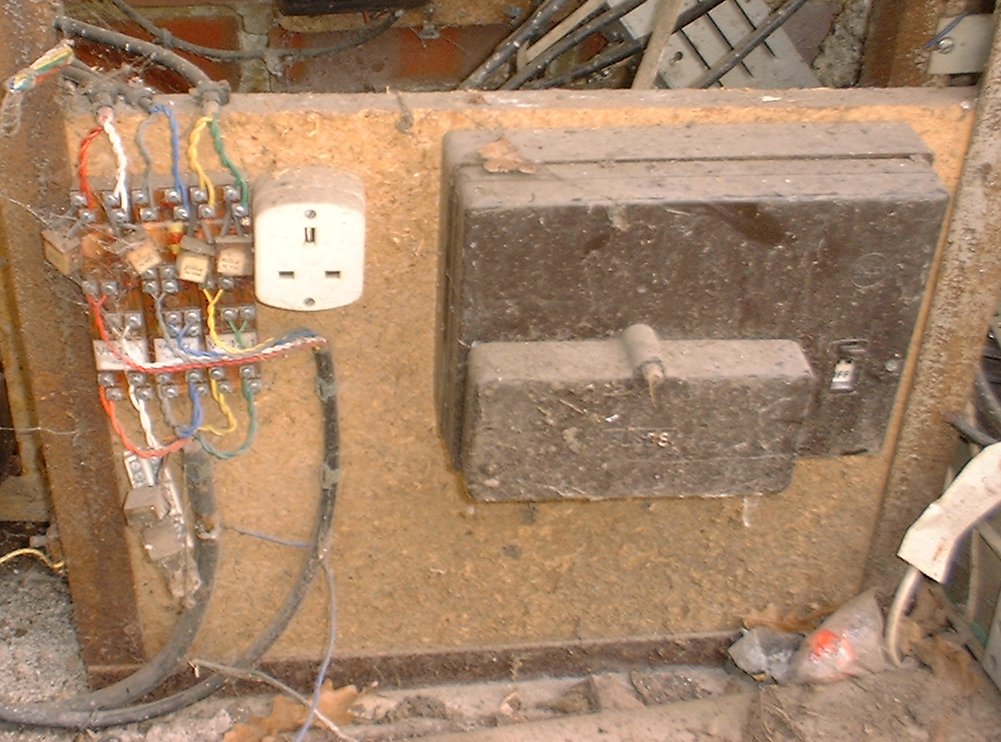What did you bond the worktops to? Presumably it would have to be direct to the welder (otherwise some of the current would go through the installation's CPCs) - which may be practical (with 50mm²) for a 'fixed' welder, but presumably not for a DIY 'portable' welder, would it?When I had to do a workshop with metal coated tops I used 50mm² cable to bond as anything less can melt with welding current.
Kind Regards, John



